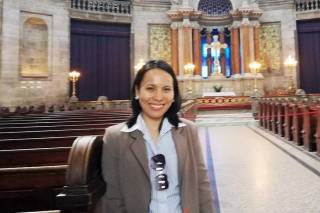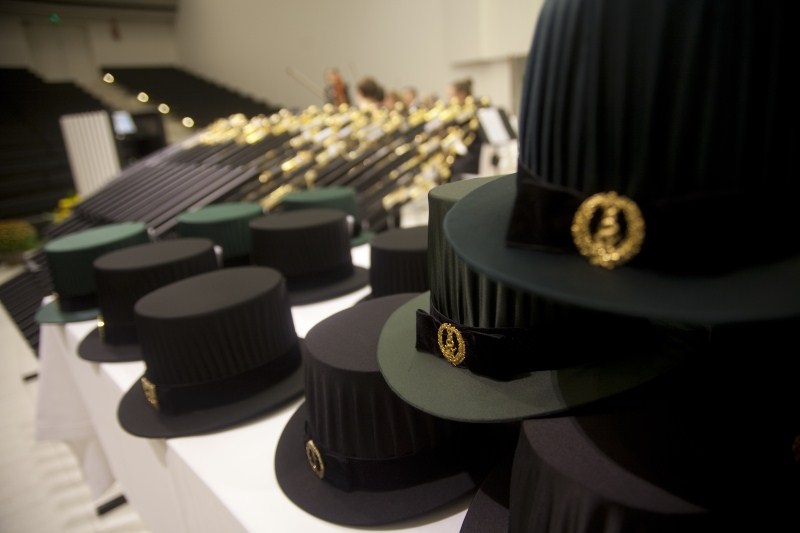Transferred to a remonte connection – Good reserve capacity and high achievement in school reduce differences in health and education

As Claro also found that socioeconomic status (SES) can be transmitted across three generations and confirmed the evidence that low family SES increases the risk of death and low education, these findings present implications for breaking the cycle of socioeconomic disadvantages.
Research has shown that population groups with lower SES had higher rates of diseases and deaths compared to those above them in the socioeconomic hierarchy. According to the reserve capacity framework, low SES individuals have fewer resources kept in reserve, hence, one’s reserve capacity may not be replenished in time to protect against repeated stressful situations.
Reserve capacity resources in Claro’s work include good perceived health, health-promoting behaviour and support from social networks. Those with weak reserve capacity are more likely to experience anxiety, hostility, hopelessness and other negative emotions which affect various immune, biologic and metabolic responses that lead to poor health. It was also proposed that individuals with low reserve capacity lack the coping skills necessary to attain high education.
Claro tested this framework using 1985-1995 data from the Adolescent Health and Lifestyle Surveys (AHLS) linked with the Finnish Official Cause-of-Death Register and the Register of Completed Education and Degrees of Statistics Finland.
Results showed that low family SES increased the risk of death in adolescent boys. However, good reserve capacity and high achievement in school reduced this risk among adolescents. Interestingly, even socioeconomic circumstances of grandparents can influence their grandchildren’s education. Those with low family SES had less chances of attaining high education compared to those born into families with high SES. But having a good reserve capacity and high achievement in school increased these chances.
In one of the sub-studies, it was shown that delayed puberty along with weak reserve capacity increased the probability of low educational attainment among adolescents, suggesting that pubertal timing has possible long-term consequences in education, either through cognitive or psychosocial development in adolescence.
“Our findings added knowledge on the roles of reserve capacity and school achievement during adolescence in reducing the socioeconomic differences in health and education. These suggest that building reserve capacity by improving perceived health, encouraging health-promoting behaviour and providing social support as well as supporting the school performance of adolescents may help set a healthy and successful transition into adulthood, especially among those with disadvantaged socioeconomic backgrounds,” states Claro.
Paulyn Jean Claro hails from the Philippines. She obtained her BS Public Health and Master of Science in Epidemiology degrees at the College of Public Health, University of the Philippines-Manila. She completed the International Doctoral Programme in Epidemiology and Public Health (IPPE) at Tampere University. Currently, she teaches part-time at the Graduate School of Business, Ateneo de Manila University, and is a member of the Ethics Review Committee of the Food and Nutrition Research Institute of the Department of Science and Technology in her home country. She is collaborating with her supervisors on another related research project at the Faculty of Social Sciences, Tampere University in Finland.
The doctoral dissertation of Master of Science Paulyn Jean Claro in the field of Public Health titled Reserve Capacity and Other Adolescent Pathways in Socioeconomic Inequalities in Mortality and Education: A Three-Generation Study in Finland will be publicly examined in the Faculty of Social Sciences at Tampere University on Thursday 28 May 2020 at 12:00. The Opponent will be Professor Ossi Rahkonen from University of Helsinki. The Custos will be Professor Arja Rimpelä from the Faculty of Social Sciences at Tampere University.
Because of the coronavirus, Tampere University’s dissertation defences are not organised as public events. However, it is possible to follow the public examinations via a remote connection. If the remote connection does not work properly, the defence will be moved to Zoom.
The dissertation is available online at the
http://urn.fi/URN:ISBN:978-952-03-1555-9
Photo: Arelene Saceda

